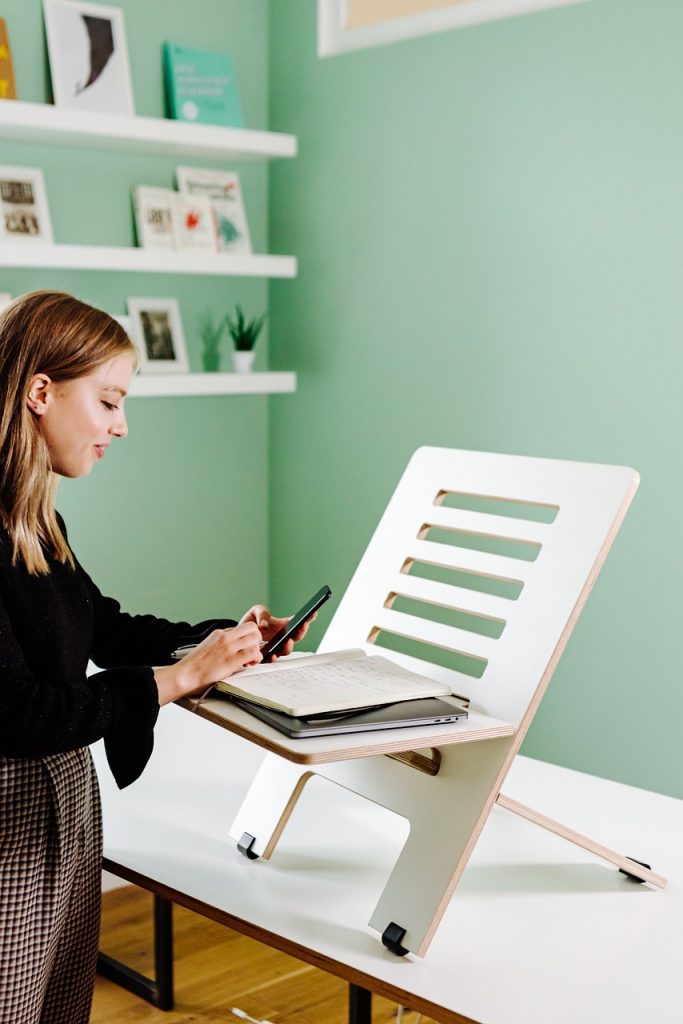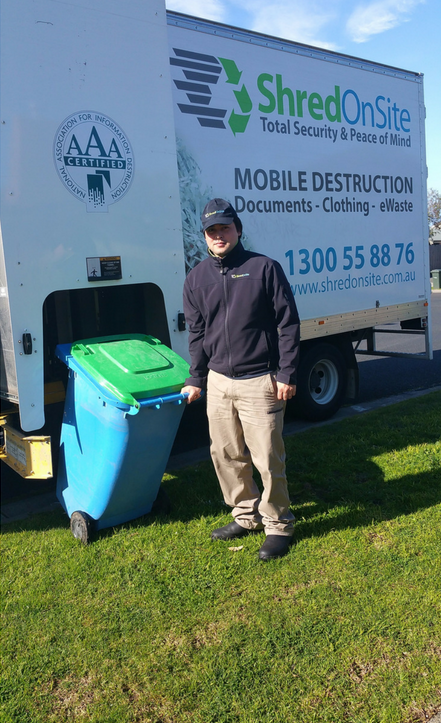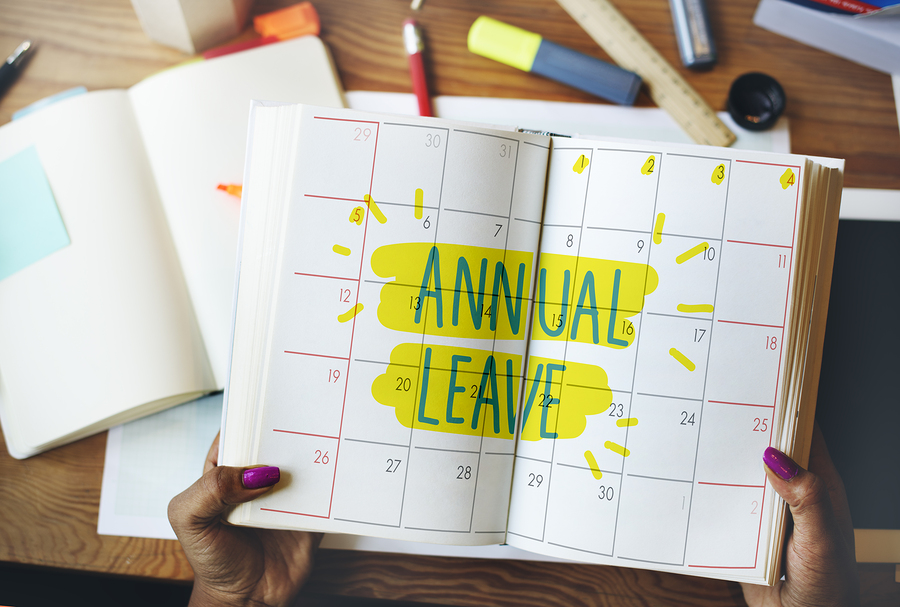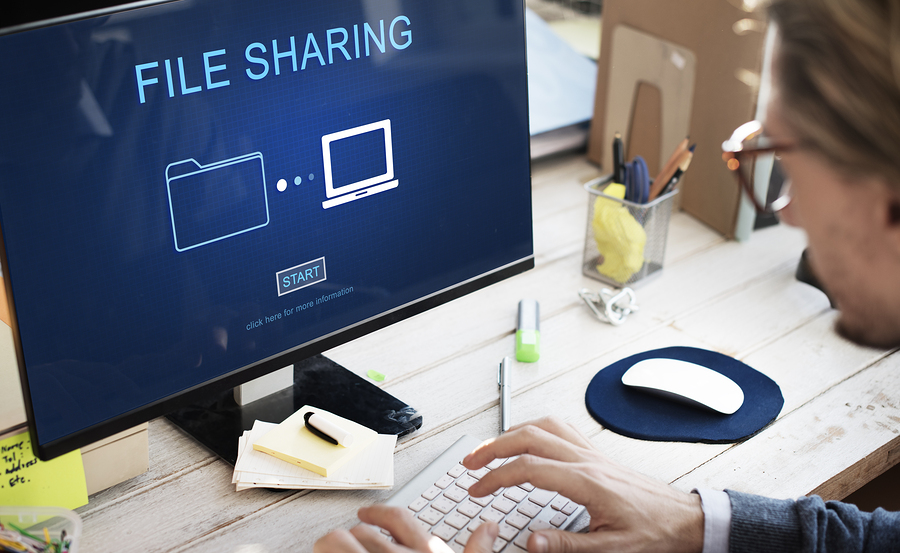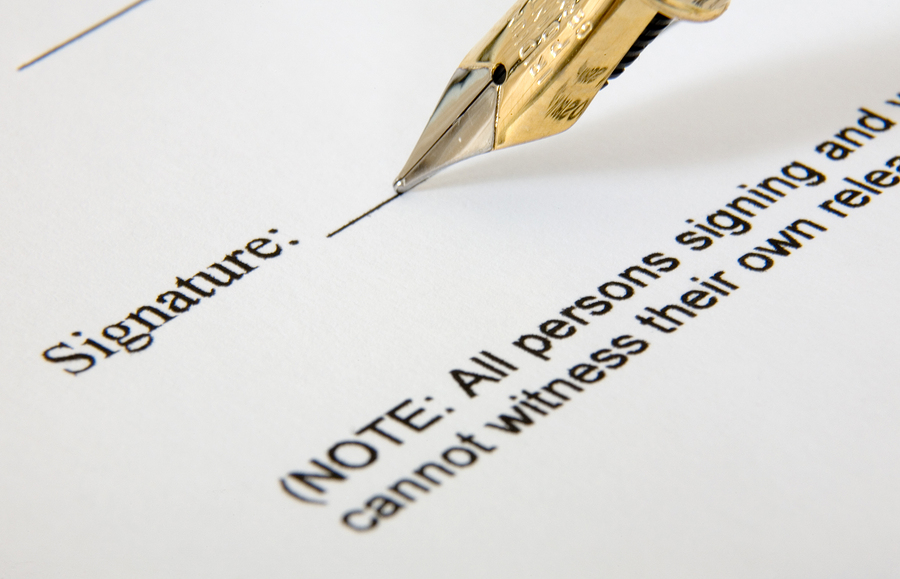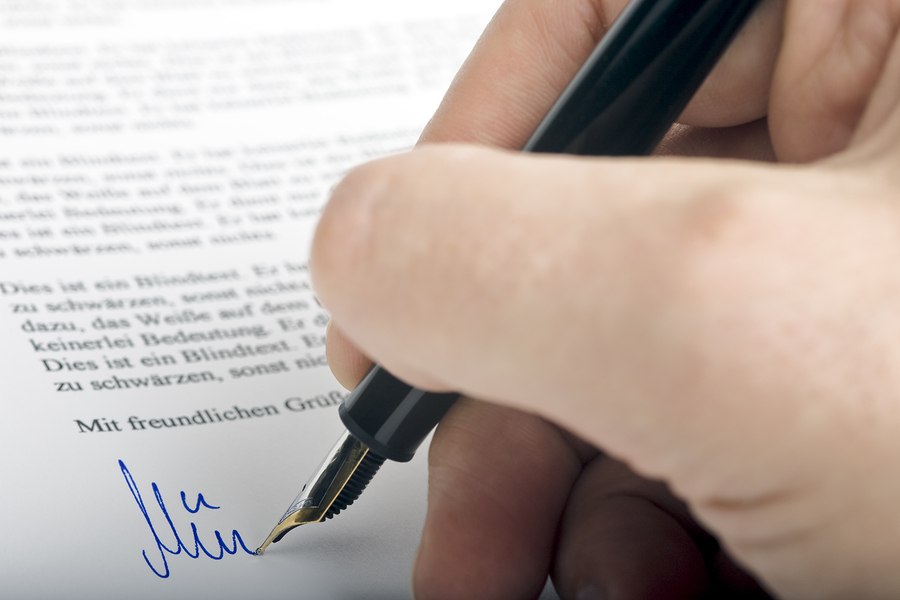Four years ago at the age of 46, I was 20kg overweight. Over a 4 year period, I went from a svelte 60kg to a frumpy 80kg……okay, a fat 80kg. The main reason for the unhealthy weight gain was lack of activity. Bookkeeping, and many other computer-driven jobs like it, promotes this inactivity. Basically I was spending up to 10 hours per day sitting in front of a computer, sometimes 6 days a week! This sedentary behaviour and a bizarre drive to choose career over health, resulted in me becoming one fat bookkeeper! One day, during a visit to my local GP, he announced that I was obese. I was shocked and horrified (and not just a tad embarrassed) but of course I knew it was true. My job and lifestyle were killing me. That day I decided to make a change.
“Many computer-driven jobs like bookkeeping, promote inactivity which is poor for your health.” 
That was the day I went back to the gym. I joined up and went back to what I knew worked – weight training. I did a fair bit of weight training in my younger years but stupidly gave it up citing lack of time as an excuse. That was dumb because there is always time for health – you just have to make time. I actually love weight training and I think that’s the key – you have to choose an activity that you really enjoy otherwise you won’t keep it up. Fast forward 4 years and I’m back to a healthy 60kg. I’ve made gym work a priority and I go at least 3 times a week no matter what – yes, even if client work isn’t finished – it can wait, unlike my health/life (I’m not getting any younger!).
So what’s this story got to do with standing desks? Lots actually. Recently I realised that even though I had lost the weight and was weight training regularly, I was still very sedentary for the majority of the week – I was still sitting at my desk all day, every day. Cardiologists tell us that those who sit for the majority of the day have a similar risk of heart attack to those who smoke. I believe it. My ridiculous weight gain could easily have led to any number of health issues including heart disease…… or worse! I knew all this sitting had to stop and I wanted to do something that would be an adjunct to my gym work, not a hindrance. So I bought a standing desk. It made sense to me. Standing had to be better for you than sitting. And I was right. My research in standing desks unveiled the following benefits.
- Pressure is taken off your spine (sitting down puts up to 40% more pressure on your spine than standing)
- More calories are burnt
- Leg muscle tone is improved
- Posture is improved
- Better blood flow is achieved
- Metabolism is increased (which is why more calories are burnt)
- Energy levels are increased
- Reduced general aches and pains (especially for back, shoulders and hips)
“ Standing up for health (or why your job is killing you). The benefits of a standing desk.” 
So that’s all the light and fluffy on standing desks but I didn’t want this blog to be the proverbial sales pitch for these desks. I also wanted to give you my real-life take on using a standing desk. I’ve had the desk in my office for about 6 weeks now and have used it everyday. I really like it and here are a few thoughts I’ve had since buying it:
- It was easy to set up – no tools required!
- It’s easy to use and manoeuvre (no squashed fingers yet!)
- I can’t stand for too long in high heels but flat shoes or runners are fine (and so are slippers!)
- If I’m not feeling too good, I still choose sitting over standing. I recently had the flu and standing was not an option!
- When I’m feeling healthy, I can stand for up to 5 hours at a time or even longer. It’s easier than I thought it would be and getting easy by the day.
- One downside is dusting the damn thing! It’s big and bulky and has lots of hidey holes for dust and then there’s the dust that collects under the thing……..sheesh! (thinking of getting a blower!)
- I definitely notice that I have more energy when I stand compared to when I sit. When I’ve been standing for most of the day, I want to keep on doing things when the office is closed. But if I’ve spent the day on my bum, I just want to keep on sitting and end up migrating to the couch for the rest of the night. Not good.
- My right knee was constantly sore due to a bad habit of crossing my legs when sitting at the computer. This was particularly noticeable at the gym and I almost went to my GP for help. After a few short weeks of using my standing desk, this pain has gone completely. The desk has paid for itself in future medical fees.
- I tend to leave the office more often when I’m standing. Before the standing desk, I would avoid getting up to go to the loo, have lunch, or just go outside. I would avoid moving in general. There’s something about being already in the upright position that makes leaving the desk easier.
“I won’t let my bookkeeping career and being time-poor be the reason for bad health!” 


